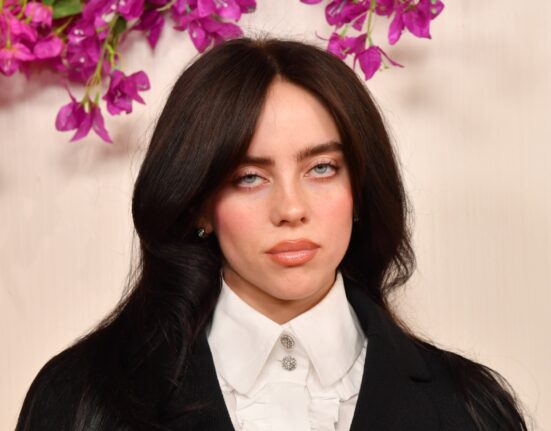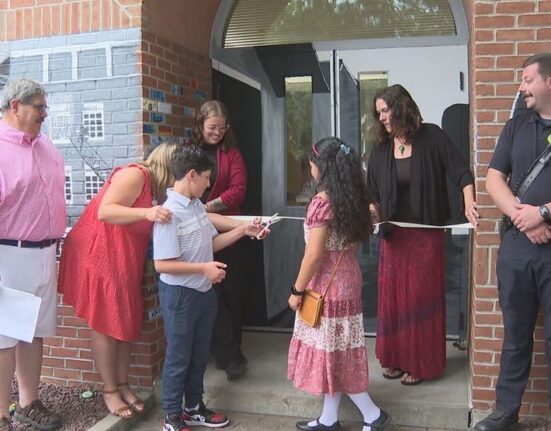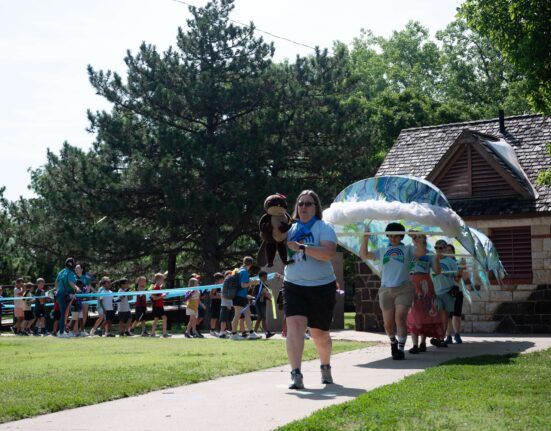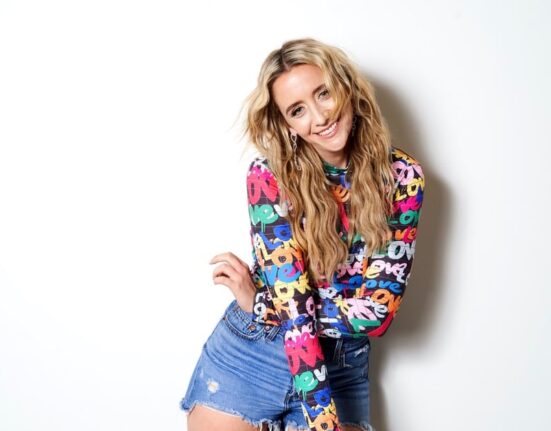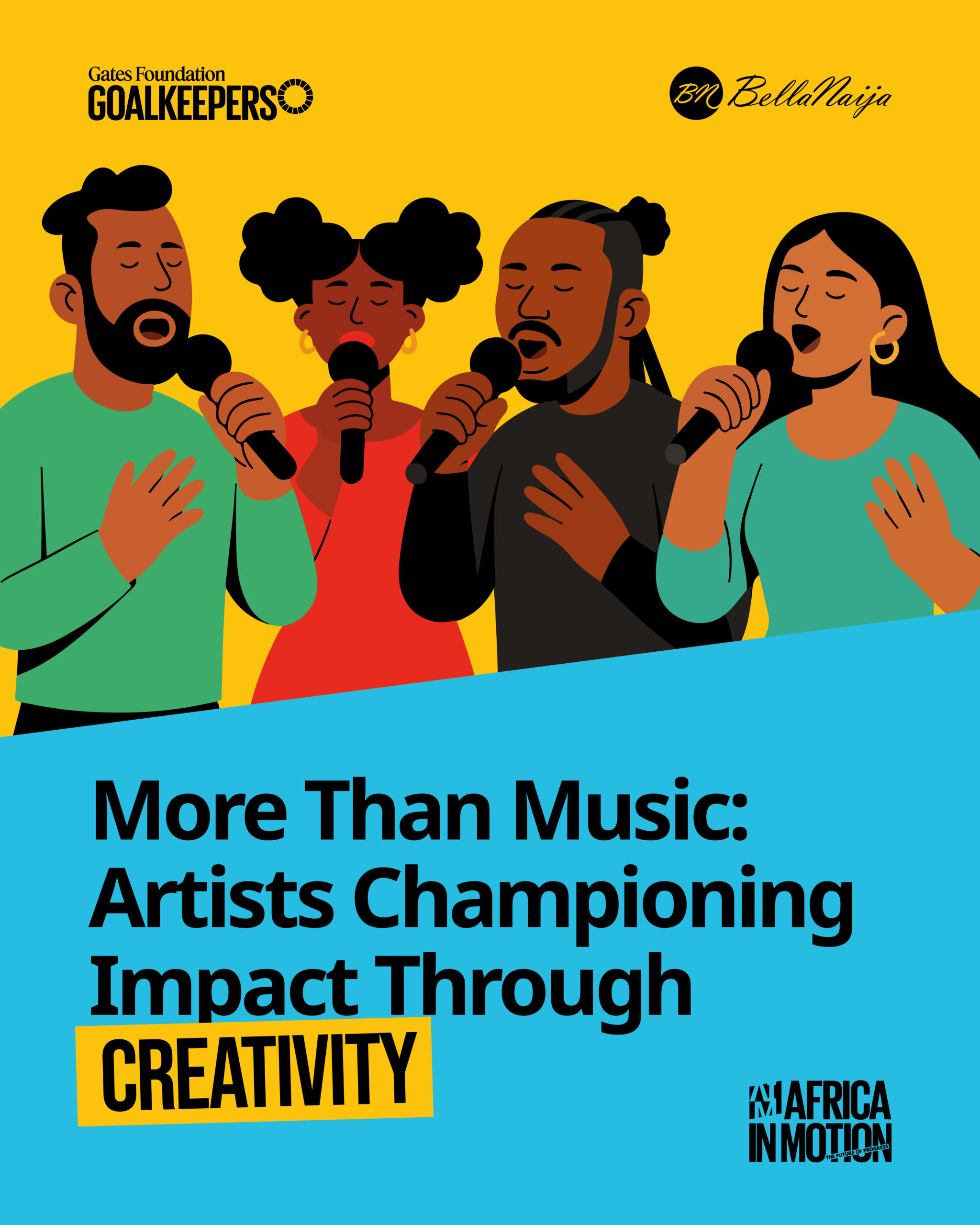
One important aspect of the Goalkeepers Initiative beyond celebrating progress toward the Global Goals, is highlighting the stories and change-makers driving this progress forward. We saw this come to life at Goalkeepers Lagos 2025, which held on the 4th of June with change-makers and founders sharing their stories
What we also saw, at the event, is the power of music to ignite passion, stir collective social consciousness, and inspire meaningful change. It’s a force that many African artists are harnessing brilliantly.
Beyond music and creativity, artists have used their platform and popularity to raise awareness for social causes, support significant movements, and create impact. From speaking out against police brutality to championing education, gender equality and mental health, artists in the continent often use their voices to challenge injustice and spark critical conversations. Their influence goes beyond the stage to helping to shape public opinion and inspire action within their communities.
Let’s spotlight some African artists using their platforms for advocacy.
M.I Abaga
At Goalkeepers Lagos 2025, MI alongside Waje, delivered one of the most heartwarming performances of the event – a song about the continent. The lyrics “Africa go survive, Nigeria go survive…” emphasised the need for Africans to keep pushing, dreaming and fighting for the betterment of the continent.
M.I’s “Crowd Mentality” is also one song that’s often cited for its message of social change and breaking free from societal norms. The lyrics “So break free from the crowd mentality…
And then we can start to build a new reality” encourages listeners to challenge the status quo and take bold steps to build the future we all aspire to.
Angélique Kidjo
In 2002, Angélique Kidjo was appointed a UNICEF Goodwill Ambassador, becoming one of the few African artists to use music not only as a form of cultural preservation but as a tool for advocacy on a global stage. As an African shaped by the political and social experiences of her youth, she has used the UNICEF platform to campaign against child marriage, advocating for girls’ education and amplifying the stories of communities often left behind in policy conversations.
In 2006, to extend her work as an ambassador, she founded Batonga Foundation to support girls in rural areas and out of school. Beyond charity, the foundation creates local mentorship networks, trains young women in entrepreneurship and equips them with tools to navigate a world that often ignores their potential.
Adekunle Gold
Like Kidjo, Adekunle Gold drew from his experience as a sickle cell survivor to support people with sickle cell anaemia in Nigeria. Through his foundation, The Adekunle Gold Foundation, he bridges the gap between people (old and young) living with sickle cell from a low-income background and health professionals to get standard healthcare and resources. As a successful artist with 5 albums to his name, Adekunle Gold understands what it means to use his platform to advocate for sickle cell in Nigeria, and also inspire, especially the young ones, that they are champions and shouldn’t be discouraged from following their dreams, no matter their health conditions. More importantly, because Adekunle Gold can’t do it alone, his initiative could inspire celebrities like him in Nigeria and Africa to support their communities, especially low-income earners.
The Magic System
The significance of artists using their platforms for advocacy is that it attracts the attention of stakeholders from other industries and drives faster impact. For instance, in Côte d’Ivoire, a music group called The Magic System has been organising a music festival every year since 2006 to create social awareness towards a particular social issue. The festival is called Festival des Musiques Urbaines d’Anoumabo (FEMUA), and last year, which I attended, the theme was “Civics and Road Safety,” to combat one of the country’s leading causes of death: road accidents. The 15th edition in 2023 was themed around food security and sustainable agriculture, while the 16th edition in 2024 focused on mental health.
The festival has grown so big that it attracts international audiences from France and is often attended by over 50,000 spectators. It includes music performances from artists, and this draws in the youth participation. The Ivorian government has now collaborated with the organisers of the music festival to further strategically tackle other social issues.
Yemi Alade
As a United Nations Development Programme (UNDP) Goodwill Ambassador appointed in 2020, Yemi Alade has championed sustainable development, climate action and women’s empowerment. She frequently appears at global forums, speaks on the intersection of art and advocacy, and uses her influence to promote inclusive growth and gender equity across Africa.
Sakordie
Through the Sarkodie Foundation, Sarkodie provides school supplies, scholarships, and meals to children in underserved communities. He regularly encourages youth entrepreneurship and civic responsibility, using his music and public statements to promote leadership and accountability among Ghanaian youth.
Burna Boy
Essentially, the artists also advocate in their songs. Burna Boy, for example, has narrated the struggles of Nigerians and black people in several songs. In 20 10 20, he narrates the #EndSARS protest where Nigerian youth trooped out to protest against violence and injustice from the Nigeria Police before they were met with gun bullets in Lekki Toll Gate. The song features the sounds of bullets and the scrambling voices of Nigerians as they ran for their lives. In Monster You Made, off his Grammy-winning album, Twice As Tall, he raps about colonialism and its effect on Africa today. In Whiskey, off his 2022 Grammy-nominated album, Love-Damini, Burna Boy sings about how the residents of Port Harcourt, the city where he came from, deal with the pollution of the air from oil and gas extractions. “Because of oil and gas, my city so dark. Pollution makes the air turn black, every man has to stay on guard,” he sings, opening the song with the voice of a woman telling how erosion has swept away all his goods.
Beyond this, Burna Boy supports The Reach NG, “a charitable organisation that reaches out to the most vulnerable in our communities, especially in times of extreme crisis and sudden natural disasters.”
Patoranking
Patoranking is committed to empowering African youth through education. In 2018, he launched the Patoranking Scholarship, offering full university scholarships to bright students from underserved backgrounds across Africa. Through his music and social efforts, he promotes self-belief, community development and a message that talent can rise from anywhere.
Despite the systemic failures, African artists are showing that creativity can be a powerful force for reformation and repair. As access to quality healthcare and other social services remains out of reach for many, African artists remind us that impact is not reserved for the government, and people with platforms can influence grassroots action.


